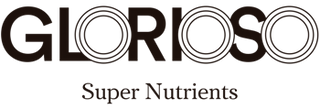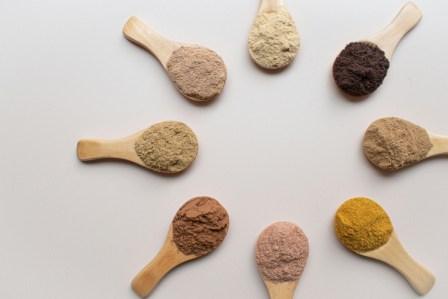Protein plays a vital role in building and repairing tissue, being an essential component for muscle development and overall health. While it is essential to include enough protein in your diet, it is equally important to avoid overloading in order to maintain nutritional balance. In this article, we will delve into how to avoid protein overload and achieve a balanced intake that supports your health and fitness goals.
1. Understand your Individual Needs:
Every person has unique nutritional needs. Factors such as age, weight, physical activity level, and personal goals influence how much protein you need. Consulting with a nutritionist or health care professional can provide a personalized assessment and help you set protein goals specific to you.
2. Set Clear Objectives:
Before adjusting your protein intake, it's crucial to have clear goals in mind. Are you looking to gain muscle, lose weight, or simply maintain a balanced diet? Each goal requires a different nutritional strategy, and defining your goals will help you adapt your protein intake effectively.
3. Calculate the Right Amount:
Having an accurate estimate of your daily protein needs is essential. A nutritionist can calculate the appropriate amount based on your body composition, activity level, and goals. This personalized approach prevents both protein deficiency and excess.
4. Distribute the Intake Throughout the Day :
Instead of consuming most of your protein in one meal, spread it out evenly throughout the day. This promotes better absorption and utilization by the body, avoiding nutritional imbalances and maximizing benefits.
5. Variety in Protein Sources:
Diversity in your diet is key. Incorporating a variety of protein sources, such as lean meats, dairy products, legumes, and plant proteins, ensures that you are getting a full spectrum of essential amino acids. This not only improves the quality of your diet, but also prevents dietary monotony.
6. Monitoring Nutritional Labels:
When consuming foods and supplements, read nutritional labels carefully to understand the amount of protein in each serving. This allows you to adjust your daily intake to your specific needs and avoid surprises in terms of calories and macronutrients.
7. Adequate Hydration:
Adequate water consumption is essential for those on high-protein diets. Efficient hydration helps the kidneys eliminate byproducts of protein metabolism, preventing potential kidney problems associated with excessive protein consumption.
8. Consider Quality over Quantity:
Instead of just obsessing over the total amount of protein, pay attention to the quality of the sources. Opt for high-quality, lean proteins, such as chicken, fish, egg whites, and plant proteins. These sources not only provide essential amino acids, but are also packed with other health-promoting nutrients.
Conclusion:
Protein is essential for optimal body function, but as with any nutrient, moderation is key. Avoiding protein overload involves an individualized understanding of your needs, smart distribution throughout the day, and selecting quality protein sources. Before making significant changes to your diet, seek guidance from a health care professional or nutritionist to ensure your nutritional plan is appropriate for your goals and overall well-being.
Remember : A balanced and sustainable protein intake is essential to maintain long-term health and effectively achieve your fitness goals.
Photo by Emma-Jane Hobden on Unsplash

